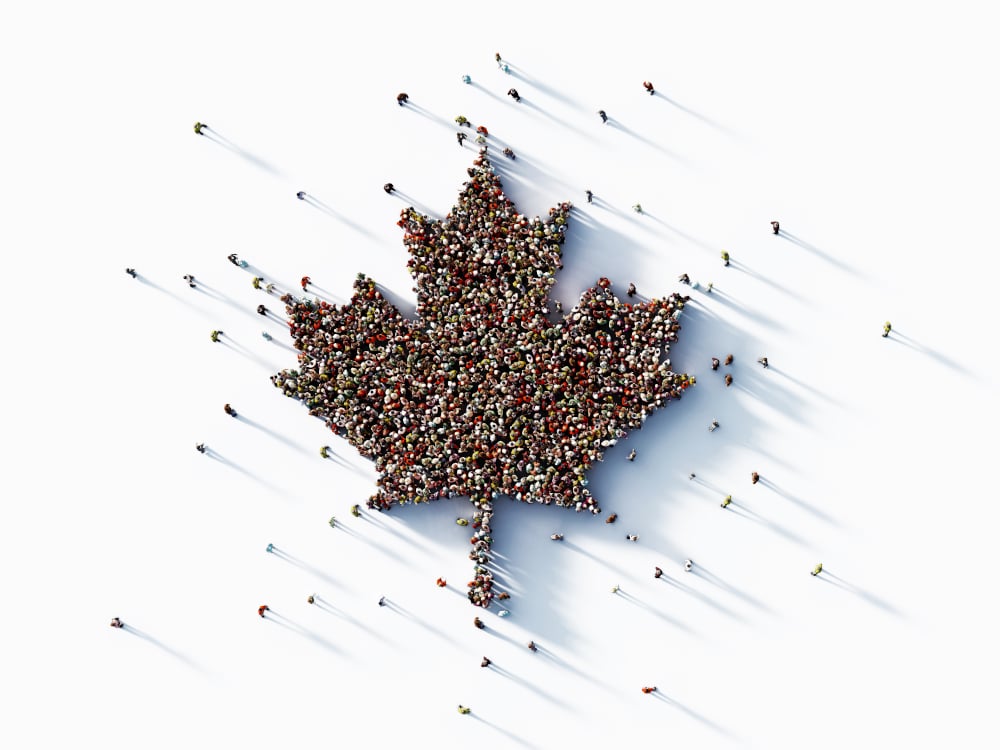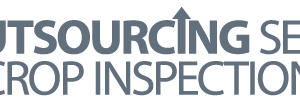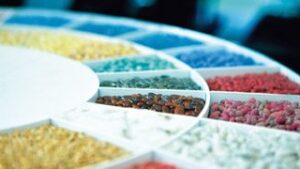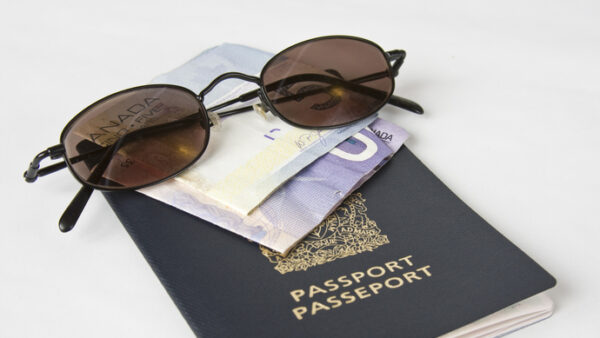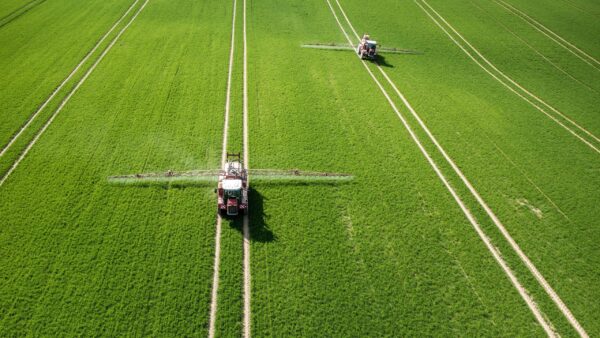A new report from John Groenewegen of JRG Consulting discussed at this week’s Seeds Canada annual meeting in St. John’s, Nfld., compares the seed systems of six countries — Canada> the Netherlands, New Zealand, the United Kingdom (England and Wales), the United States and Uruguay. The findings shed light on various aspects of seed certification, quality assurance, and industry dynamics.
Here are the top five takeaways from the report:
Certified seed usage is correlated with a strong seed company business community.
The adoption of certified seed varies among countries. The Netherlands, the UK, and Uruguay have high usage of certified seed, partly due to farmers paying a levy back to the breeding community when subsequent crops are planted with farmer-saved seed. In North America, certified seed has a lower market share. Higher usage of certified seed is typically correlated with a stronger presence of seed companies and plant breeding organizations in a country’s seed system.
Seed certification is connected to quality seed.
Seed certification plays a vital role in ensuring the quality and performance of agricultural crops. By providing quality assurance to seed buyers, it supports a country’s reputation as a reliable seed supplier. Governments have assumed responsibility for truth in labeling of commercially sold seeds, but some countries have also seen industry-driven protocols to ensure accurate representation.
Seed crop inspection: No one-size-fits-all.
The genesis of seed certification in North America stemmed from the need to integrate the entire seed system, from breeder seed release to seed used by farmers. While European countries like the Netherlands and England practice self-inspection by authorized seed company employees, countries like Canada> the US, and New Zealand allow self-inspection for common seed production. Some countries also have third-party seed crop inspections.
There are many approaches to common seed sales.
Common seed can be sold commercially in many countries. The Netherlands and the UK restrict the sale of common seed in commercial channels, allowing only certified seed for such purposes. In contrast, the U.S., Uruguay, and New Zealand have seed systems that support sales of common seed alongside official certification systems, subject to parallel quality assurance protocols and systems.
Seed system structure is influenced by the need to meet importers’ requirements.
Seed systems vary in their export orientation. The Netherlands stands out as the largest seed exporter, with around 80% of its seed volume shipped to export markets. New Zealand follows closely with 60% of its seed production exported. In contrast, countries like Canada and the U.K. ship only about 10% of their seed volume abroad.
Here’s what Seeds Canada thinks about the report’s takeaways:
- It’s clear in the six countries profiled — Canada> the Netherlands, New Zealand, the United Kingdom (England and Wales), the United States and Uruguay — the coordination of the seed system is primarily the responsibility of the seed value chain, with industry leading and government enabling this process.
- No examples are provided in the report where a single stakeholder group had exclusive responsibility for processes, standards, or protocols.
- There is no consensus on the specific path or components that constitute variety registration. Different countries have varying approaches, ranging from simple listings to mandatory testing. The industry recognizes the value of some form of listing system.
- The ability to modify regulations, standards, or protocols varies across seed systems. Highly rated systems demonstrate responsiveness by promptly incorporating industry consensus.
- First-party inspection is facilitated in many countries through accreditation and audits, leading to improved responsiveness and efficiency.
- Canada’s seed system is not globally recognized as the most respected and does not receive high ratings in terms of supporting agricultural businesses.
- Canada stands alone as the only country where common seed cannot be sold by variety name, which poses a barrier to meeting UPOV requirements. The resolution lies in examining the interaction between the Seed Regulations and Plant Breeder’s Rights to establish a clear path for remuneration by the rights holder.
-Source: Seeds Canada takeaway document


